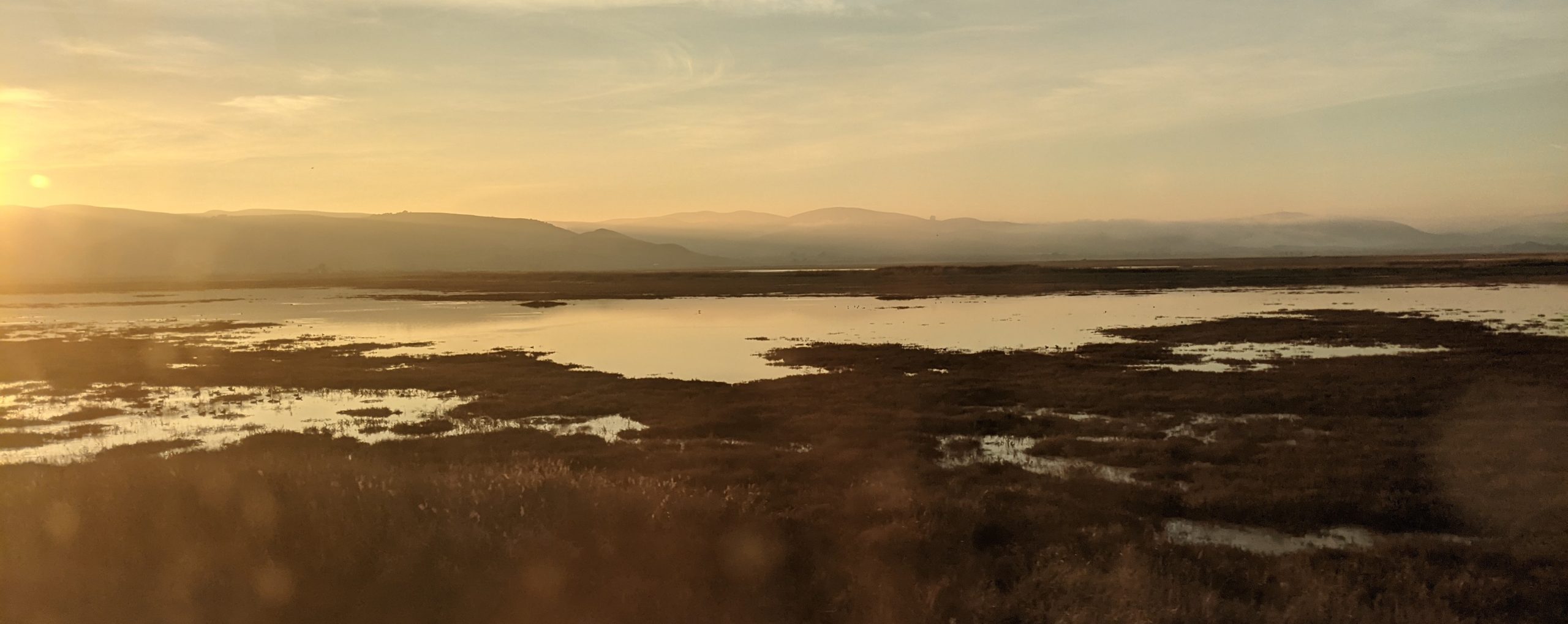I recently read a paean to the character of great cities in the United States. New York is obsessed with wealth and knowing people; Los Angeles with fame, San Francisco with technology, starting the next big thing. Boston/Cambridge is obsessed with ideas, education, and intellect. It is the author’s favourite city, and mine.
It reminded me of a sermon I’d heard a few years ago, where these exact traits of cities were described as items of worship, of idolatry: a destructive thing to peoples’ emotional and spiritual lives.
Disregarding their exact theses, they were probably both right. A city’s character can be glorious, but also destructive. But it is the character of a city that makes it a city.
As far as I’ve observed over the last year (disclaimer that I’m no expert: real Lusakans, please tell me if everything in this post is wrong), Lusaka today has no well-defined character; no distinct item of worship. It is a new city, a sprawling city, a quickly-growing city.
I have called Lusaka “the most boring city in the world”. I have called it a sleepy city. The latter is certainly true; the former, certainly not. I have been unfairly critical. The Lusaka of today is still not the city I would choose to live in: I like green spaces, museums, bike paths, park benches, rivers and oceans, people-watching, walking for miles on cobbled sidewalks (and succulent arrangements, hence the cover photo (taken in Lusaka)). But that’s my American/European preference, and my preference doesn’t mean that Lusaka isn’t, or maybe more accurately doesn’t have the potential to be, a great city.
If Lusaka is a sleepy city, it is waking up.
Lusaka is young. 47% of Zambia is under age 14. Nearly half! Lusaka is a bit older, as it’s where people come to go to school or work, but still, over 40% of its population is under 14.
It’s growing quickly, both in terms of population and in terms of things going on, of city-ness.
The primary thing I’ve noticed about Lusaka is the hustle. This isn’t in the sense of everything moving quickly, or people shouting and being rude – it’s not that kind of place – but the average person having an entrepreneurial hunger I yet to see in any US city. Many people have to hustle to survive, but even people who don’t, still do. In Lusaka, even if you’ve made it materially, you’re still not satisfied with the status quo. There’s a huge informal economy, an entrepreneurial spirit in everyone from the woman selling tomatoes on the street to the young person with a full-time desk job and an idea for a tech company.
My furniture is from roadside stands; my car mechanics are found through word of mouth; my translations are done by a one-man firm. The best types of all kinds of food, from plain vegetables to nshima to fancy cupcakes, aren’t found in the formal shops.
It’s easier to hustle (at least in certain sectors), too, compared to the United States. Since I’ve been having car problems, I’ve been reading about battery and alternator issues and how to fix them. I realised if I have the drive I can read up on cars, buy some wrenches, get some terrible old cars to take apart, and begin to moonlight as a mechanic. That’s something I a) couldn’t do in the United States, and b) would have never even thought about before moving to Lusaka. Beyond this, I am also in the preliminary stages of working on a startup. It feels like anything can happen.
Here, in a new and growing city, so many things are exciting, the first of their kind. Ideas that might be sucked into an established bureaucracy in Boston can be groundbreaking here, melding international ideas with ideas that have been here for centuries.
We had a work event a few weeks ago hearing from the founders of a startup incubator, BongoHive. Founded seven years ago, they now run coding classes, events with students, a startup accelerator, and more. (I don’t know much about startups, but if you do – you know who you are – check them out yourself)!
The running group I sometimes go to is one of the growing number of fitness groups around the city. Ten years ago, people say, there was no running culture in Zambia. Now Zambians organize and win all the races.
I’ve luckily gotten to experience the arts scene by being part of a play and a concert. Two local celebrities, a soap opera and DJ, came to our tiny play; the president of Zambia came to our concert. One day we had a workshop during play rehearsal. We asked a woman there what she did, and she said, “I founded Barefeet Theatre 12 years ago”, and she’s still leading it. Francophone Congolese artists come here, whether it’s to do theatre, or comedy, or music. I have been able to meet (or just be in awe of) incredible Zambian artists in experimental performance, photography, acting, and music.
It’s exciting to see Lusaka’s growth as an international, cosmopolitan city, meshing with the things that make and have made it unique. It’s exciting to wonder how that will continue. People hustle: as Zambia becomes wealthier, how will that spirit remain and evolve? On any given day, you might see a flat-bed trucks with 20 people on the back, singing harmonies on their way to a funeral. How will the songs and other traditional art mesh with a more formal arts scene? People are exceedingly polite; do things slowly: it’ll never be a New York or Lagos. So how will business evolve? Zambia is a peaceful country, with a collective memory of the wars of the countries around it. How will that affect how it grows?
On a more sombre note, as Lusaka grows, infrastructure development will be vital. Many areas still need sewer systems. Clean water is a perennial issue. Storm drainage during rainy season is awful, with certain compounds flooded and roads across the city rendered unusable. Systemized garbage pickup (or better, recycling) is needed in areas where people can only afford to burn garbage. Sidewalks and reliable public transportation will be needed more and more as the formal economy grows.
About this, I do not want to trivialize, but I am optimistic. Infrastructure development has happened in so many places, in so many contexts. I think we forget how quickly, in the lifetime of humanity, these developments have happened. The MBTA in Boston, the United States’ first subway, was started in the lifetimes of my great-grandparents. A few generations before that, Boston looked a lot like Lusaka, full of dirt paths, ideas, and energy.
I’d love to see Lusaka in 20 years, when it’s grown more into itself. Maybe it will be a sports city, with international races and football tournaments. Maybe it will be an intensely spiritual city. Maybe it’ll become an up-and-coming startup hub like Nairobi, or an arts capital like Johannesburg.
As a stereotypical Bostonian, you know what my biases are. I would love for Lusaka to someday become a thought centre, a hub for African political theory and philosophy, a place full of engineering innovations and medical discoveries. I am excited to see the coming generation of Zambian writers, thinkers, and artists.
An acquaintance who grew up in a rural area said that as a child, he thought Lusaka was Paris. When he moved here, he was disappointed to realize it wasn’t. But it’ll be exciting to see it grow into something Paris could never be.


Thanks for writing this Siobhan!
That sense of possibility you feel – where you feel like you could be a car mechanic – that’s really interesting. I wonder how much of that is because of regulations or because there are many things you have seen and know about that most Zambians don’t know. It’s easy to say “this place could have a thriving art museum” when you’ve seen thriving art museums before. It is hard to imagine Boston having a space flight center with regular commutes to the moon, since I’ve never seen that anywhere…
What’s the book about the character of cities? Someone else mentioned that to me. That person also said “you could just understand ‘character’ to mean ‘idols'”, haha. What did you like about the book?